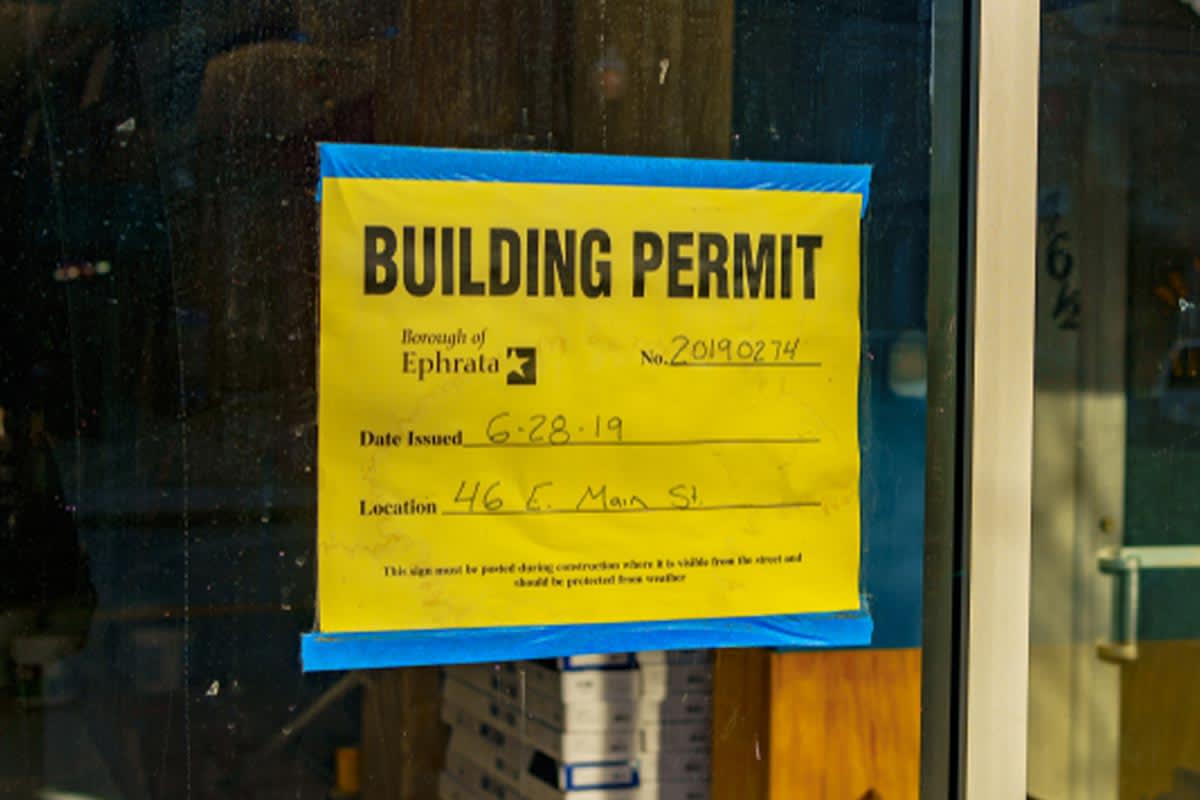Introduction
In the realm of building ownership and facility management, the management of contractor compliance takes center stage as a pivotal factor in upholding a secure and efficient work environment. Non-compliant contractors, it follows, pose not only potential liabilities but also introduce substantial financial risks into the equation. This essay embarks on a comprehensive exploration of the significance of contractor compliance, and, in particular, the utility of advanced software in this context.
Safety Training and Incidents
At the heart of the issue of contractor compliance lies the essential element of safety training. Failure on the part of contractors to complete the requisite safety training not only jeopardizes the integrity of the work but can culminate in accidents, some of which may result in severe injuries or, in the direst cases, fatalities. Crucially, it is the building owner or facility manager who ultimately shoulders the responsibility for these accidents. Thus, the imperative to ensure contractors receive comprehensive safety training becomes a paramount duty.
Licensing and Insurance
A second dimension of the contractor compliance conundrum revolves around licensing and insurance. Outdated licenses and insufficient insurance coverage can rapidly escalate into considerable problems, both legal and financial in nature. The conscientiousness of business owners and managers in this regard is of utmost importance. Ensuring that contractors possess current licenses and appropriate insurance is not merely a preference but an obligation. The ramifications of failing to do so can be grave. The employment of advanced software designed for contractor management emerges as a valuable tool for monitoring and enforcing these requirements, allowing businesses to rest assured that their contractors adhere to company standards.
Safeguarding Your Business
Contractors are the linchpin of any project, their compliance or lack thereof capable of resonating throughout the entire endeavor. When contractors, whether inadvertently or negligently, fail to maintain safe work environments, disregard prevailing safety regulations, lack the insurance coverage they ought to possess, or produce work that falls short of industry standards, the ensuing risks are not contained solely within the confines of the project. Rather, these risks ripple outward to imperil businesses and individuals alike. The protection of one’s business interest lies in the careful selection of contractors who rigorously adhere to compliance standards and regulations.
Legal Responsibility
The repercussions of hiring contractors who are not licensed and compliant are far-reaching and can, ultimately, become a legal minefield. Legal proceedings arising from noncompliance, however initiated, fall upon the shoulders of the building owner or facility manager. As the steward of the premises, the legal responsibility for the safety and well-being of all individuals therein, be they employees, customers, subcontractors, or guests, rests with the owner or manager. Thus, ensuring that contractors are not only compliant but also in good standing becomes a duty of the highest order.
Financial Obligations
Financial liabilities constitute yet another facet of the contractor compliance landscape. The pitfalls here are numerous. Contractors who lack the necessary health and safety training may give rise to legal disputes, subpar workmanship, and supplementary expenses. Poor-quality work, too, can escalate costs and extend project timelines as rectification becomes necessary. Additionally, in the absence of workers’ compensation for subcontractors, the financial responsibility for covering compensation in the event of injuries on the job falls squarely upon the building owner or facility manager.
Conclusion
The management of contractor compliance stands as an imperious concern for those in the domain of building ownership and facility management. The assurance of comprehensive training, the vigilance regarding licensing and insurance, the selection of compliant contractors, and the judicious avoidance of legal and financial entanglements—all fall under the umbrella of this pressing issue. Advanced software designed to streamline contractor management is a powerful ally in this endeavor, affording peace of mind to business owners and facility managers. With compliant contractors, not only is the integrity of the business safeguarded, but the well-being and safety of workers and the public are secured as well. In an age of ever-evolving regulations, the vigilance to ensure compliance becomes not only a strategic advantage but a moral imperative in the modern landscape of construction and facility management.




